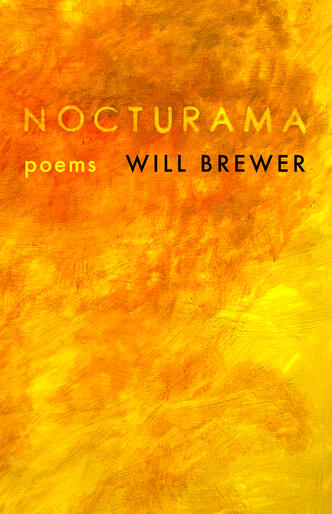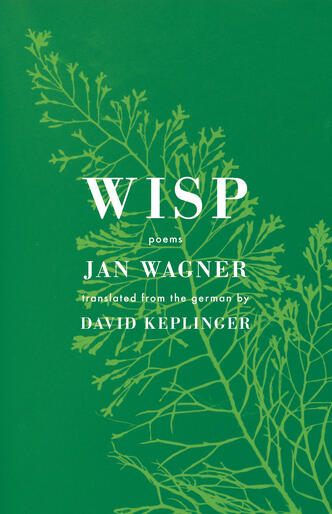
Dēmos
From the intersection of Onondaga, Japanese, Cuban, and Appalachian cultures, Benjamín Naka-Hasebe Kingsley’s newest collection arrives brimming with personal and political histories.
“‘You tell me how I was born what I am,’” demands Naka-Hasebe Kingsley—of himself, of the reader, of the world. The poems of Dēmos: An American Multitude seek answers in the Haudenosaunee story of The Lake and Her children; in the scope of a .243 aimed at a pregnant doe; in the Dōgen poem jotted on a napkin by his obaasan; in a flag burning in a church parking lot. Here, Naka-Hasebe Kingsley places multiracial displacement, bridging disparate experiences with taut, percussive language that will leave readers breathless.
With astonishing formal range, Dēmos also documents the intolerance that dominates American society. What can we learn from mapping the genealogy of a violent and loud collective? How deeply do anger, violence, and oppression run in the blood? From adapted Punnett squares to Biblical epigraphs to the ghastly comment section of a local news website, Dēmos diagrams surviving America as an other-ed American—and it refuses to flinch from the forces that would see that multitude erased.
Dēmos is a resonant proclamation of identity and endurance from one of the most intriguing new voices in American letters—a voice singing “long on America as One / body but many parts.”





